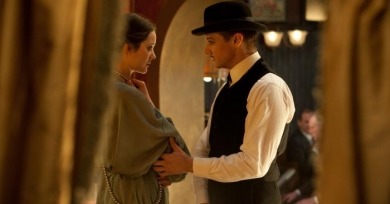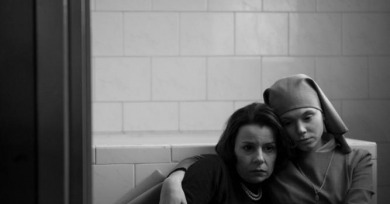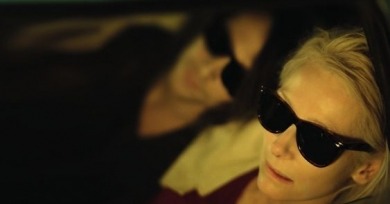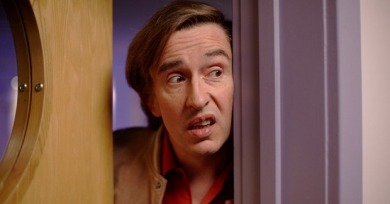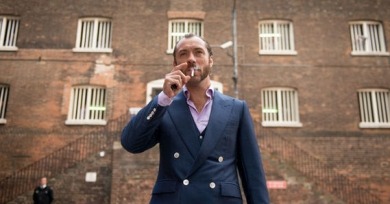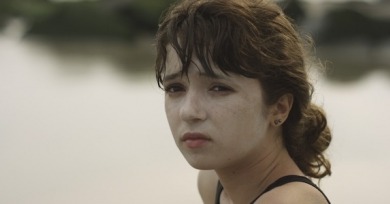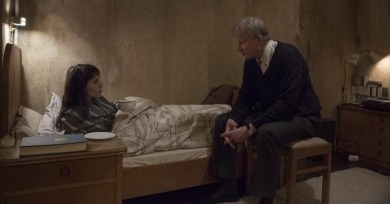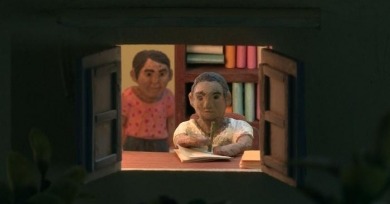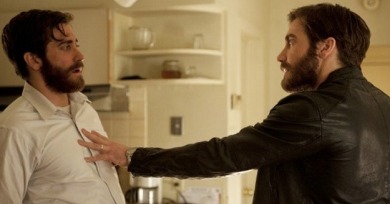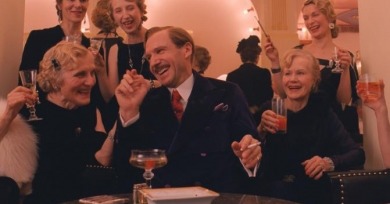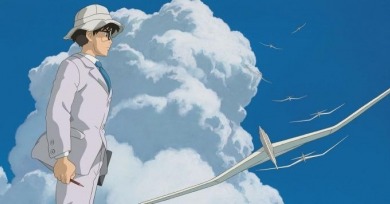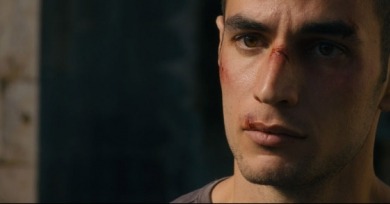Reviews
James Gray’s boldly titled The Immigrant begins with a shot of Lady Liberty herself, apt for a film about a woman seeking emotional freedom in exile.
To evoke his film’s early 1960s, Soviet-era Poland setting, Pawlikowski not only shot Ida in black-and-white but also used the 4:3 academy aspect ratio, recalling such Eastern European classics of the era like Loves of a Blonde and Closely Watched Trains.
Produced under the aegis of Harvard University's Sensory Ethnography Lab, Stephanie Spray and Pacho Velez's film Manakamana seems to engage with something like a phenomenology of attention.
Jim Jarmusch’s films have a knack for catering to (and implicitly confirming) the tastes of their ideal viewers: the record collectors crate-digging for that near-mint promo copy of Rain Dogs; the aging punks jostling for a front-row spot at a Stooges show; the adventurous indie kids braving a doom metal set.
The reason is that a section of the U.S. comic fraternity (the likes of Ben Stiller and Will Ferrell) has seen something the vast majority of the American public hasn’t yet, and that something is what Coogan does better than anything else: Alan Partridge.
The makers of this third-rate, tawdry pile of nonsense are no doubt delighted that such an A-lister took a shine to their script, because otherwise it would surely never have seen the light of day.
It Felt Like Love could have been another lock-up-your-daughters cautionary tale à la Thirteen, but is instead remarkably nonjudgmental.
Nymphomaniac is something of a sarcastic thumbs-up for Lars the iconoclast: its scenario of a woman narrating her own erotic awakening—which then turns into a kind of all-night bender, spanning decades and the best body-and-soul baring efforts of two actresses—is easily seen as a sort of run-on director’s commentary track.
Based on the director’s upbringing amidst the tumultuous late-1970s occupation of Phnom Penh by Pol Pot and his Khmer Rouge communist militia, the film is an intimately detailed account of one family’s struggle to survive the brutality of a movement whose reach extended well into every facet of Cambodian society.
Enemy—an adaptation of The Double, a 2002 novel by the late Portuguese Nobel winner José Saramago—centers around the time-honored doppelgänger conceit, and the film itself looks as if it was torn straight from the pages of a slim paperback, with each frame yellowed to the hue of a foxed volume.
Anderson adores overtures overburdened with backstory, and The Grand Budapest Hotel has a particularly ornate framing device: the movie proper is nestled within an elaborately impractical nesting doll–type structure. This is only suiting for a film besotted with the lovely and the useless.
If The Wind Rises resembles Hollywood biopics like William Wellman’s Gallant Journey or John Ford’s The Long Gray Line in its decade-spanning structure and bittersweet tone, it is a singular showcase for the animation Miyazaki developed and perfected at Studio Ghibli.
Child’s Pose opens mid-conversation as a mother discusses her son’s personal life with another middle-aged woman sitting next to her in an anonymous room. The setting seems muted, the surroundings drab and not very homey—all in all not an unfamiliar setup for a contemporary Romanian film.
It’s not beside the point to talk about Omar’s movie-star looks (or his fashionable and great-fitting jeans), because it’s the first indication of the smoothness and conventional aesthetics of this well-structured, compelling thriller.
